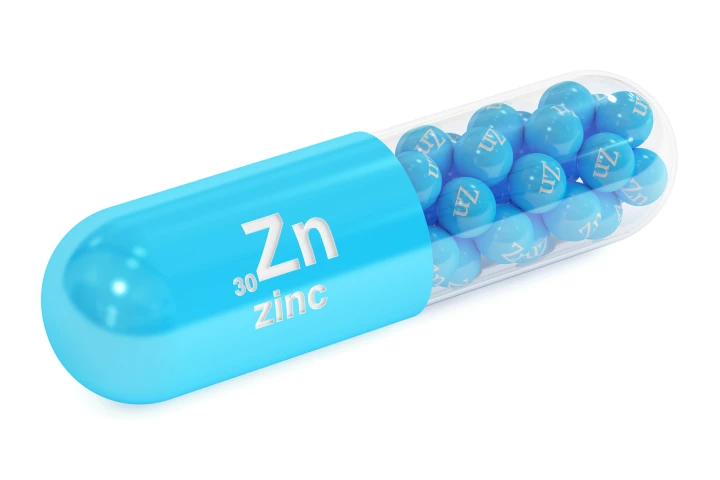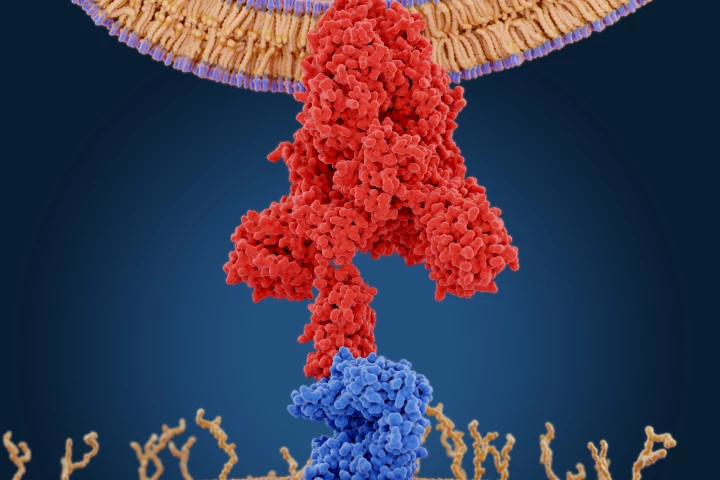Liver disease
-
Researchers have discovered that the accumulation of aged and failing cells in one diseased organ can cause the failure of multiple healthy organs. The findings have opened the door to preventing multi-organ – or even age-related – disease.
-
More than 15 million Americans are putting their liver at serious risk, simply by trying to better their health. New research has revealed the extent of the damage caused by overuse of six supplements including turmeric, green tea and ashwagandha.
-
A 5:2 intermittent fasting regime – eating for five days, fasting for two – protected against liver inflammation and didn’t cause weight gain, say researchers, who also identified the proteins that provide this protective effect.
-
It’s a safe assumption that we all know binge-drinking is not good for our general health. But a new study shows that one big alcohol-fueled session a week is significantly more harmful than spreading that same amount of drinks out over seven days.
-
Researchers have identified the mechanism underlying the protective role zinc has in type 2 diabetes and the fatty liver disease associated with the condition. The findings open the door to developing a novel diabetes treatment.
-
In an exciting step forward in surgery advances, the first successful liver transplant performed by a robot has taken place in the US, offering minimal invasiveness and speedy recovery time. Clinics now plan to ramp up wider use of this innovative tech.
-
Researchers fed mice a probiotic designed to release an alcohol-metabolizing enzyme. Then they got them drunk. The results showed success in keeping the mice from getting too buzzed, and in helping them clear the alcohol from their systems faster.
-
Scientists have discovered that a specific class of immunity powerhouse T cells originate in the gut but venture around the body, patrolling for damaged sites and then assisting in repair, underpinning the importance of a healthy microbiome.
-
An impressive new study is pointing to a new kind of treatment to protect the vulnerable from COVID-19. The research revealed an old drug derived from bear bile and used for liver disease can block a crucial pathway used by SARS-CoV-2 to enter human cells.
-
A new experimental treatment could help treat end-stage liver disease – by growing tiny new livers elsewhere in the patient’s bodies. The technique, pioneered by cell therapy company LyGenesis, is due to begin human clinical trials within weeks.
-
New research has reported a link between elevated blood levels of perfluooctane sulfate (PFOS) and increased risk of liver cancer. The study is the first to directly associate exposure from this “forever chemical” to liver cancer in humans.
-
The liver can regenerate itself after taking damage, but whether that ability fades with age is unknown. A new study has found that age doesn’t slow down the liver’s regeneration, and whether you’re 20 or 80, your liver is on average just three years old.
Load More











